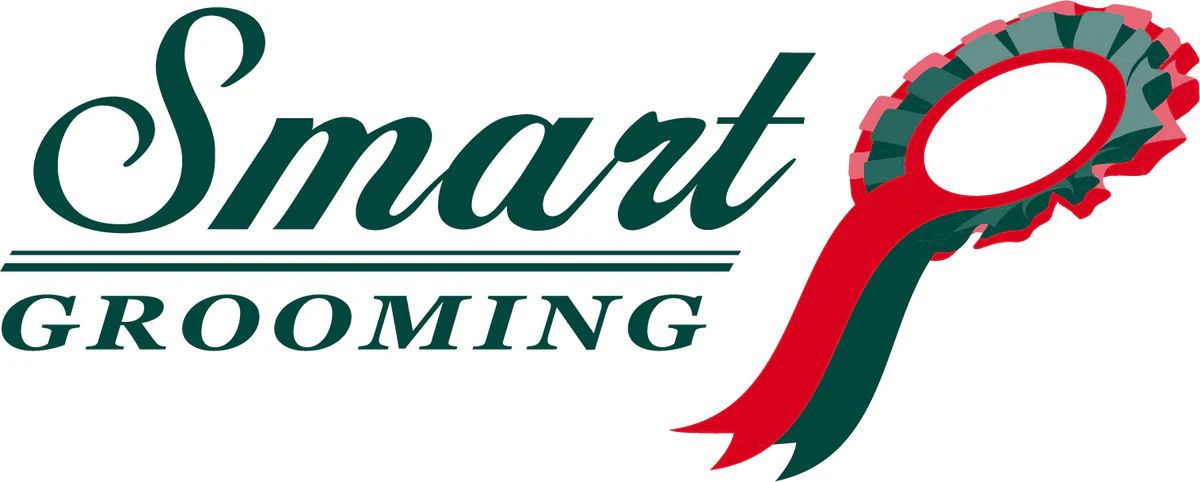- Join Us
- Login
- EEA ToolKit
- Employment Essentials
- Frequently asked
- Contracts and wages
- Time off work & absence
- Staff management & training
- Workplace disputes
- Dismissals and resignations
- Pregnancy and children
- Avoiding discrimination
- Redundancy and Retirement
- Other responsibilities
- Legal Helpline
- Recruitment
- Good Recruitment
- New starters
- Find a groom
- Good Employment
- Resources
- Downloads Library
- EEA Pension & Payroll
- Safe workplace
- Employers Minds
- Transporting horses
- Riding Establishment Licences
- Member discounts
- Business Hub
- Equestrian businesses
- The business plan
- Business compliance
- My clients
- Livery Contract Creator
- Financial matters
- Business challenges
- Marketing
- The EEA
- Employers Life
- Contact

Have a working pupil?
1st November 2017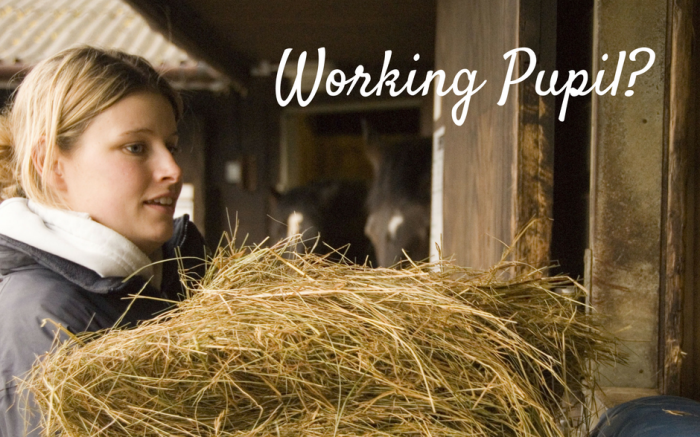
In the equine industry the term 'working pupil' is typically associated with someone who works at a yard, lives on the premises and keeps their horse there and, in return for this, they get training.
There is no legal definition of a “working pupil” and this term is not a legal employment status. If you employ a working pupil they are more than likely an employee.
Just like an employee, someone who is receiving training as part of their package should also receive a written statement of terms of employment (contract), NMW, paid holiday and then have deductions (such as accommodation and livery) made to their net salary, upon mutual agreement.
Whilst an equestrian yard can advertise for a ‘working pupil’, it is OK to use it as a descriptive job title, it is not an employment status and does not exempt the employer from paying someone at least the National Minimum Wage.
Lucy Katan, EEA Executive Director, explains further, "The words 'Working Pupil' immediately identify that the individual is a worker! Thus the individual must be employed as such and anything otherwise is illegal and could result in a £20,000 fine for an employer from the HMRC. Please employers protect your business and get the admin. organised - the EEA is here to help you.
I believe that it can be a great opportunity for any young person to be based at a professional yard and get deciated riding coaching, this experience can be invaluable. However, it must be legal and it is actually very simple for an employer to make it so."
Some frequently asked questions are:
WHAT IS A WORKING PUPIL?
IS IT A LEGAL EMPLOYMENT STATUS?
IT IS OK TO GIVE FREE TRAINING IN RETURN FOR WORK?
THEY CAN GO HOME WHENEVER. THEY CHOOSE TO BE HERE?
ISN’T A WORKING PUPIL THE SAME AS AN INTERNSHIP?
A WORKING PUPIL IS ON 'WORK EXPERIENCE'?
To get the answers to all of these questions by by Nicole Adams, from Clarke Willmott Solicitors LLP, visit the Employers Zone.
If you are not yet a member, join today for just £37.50 per year.
NEWS ARCHIVE
- 2026 (3 ENTRIES)
- 2025 (31 ENTRIES)
- 2024 (22 ENTRIES)
- 2023 (18 ENTRIES)
- 2022 (15 ENTRIES)
- 2021 (10 ENTRIES)
- 2020 (36 ENTRIES)
- 2019 (42 ENTRIES)
- 2018 (48 ENTRIES)
- 2017 (15 ENTRIES)

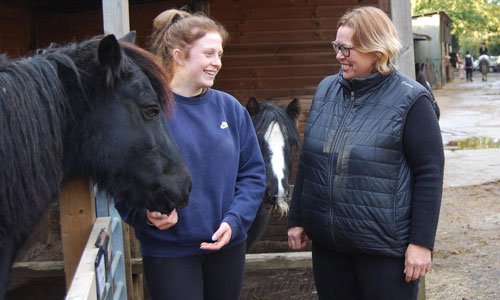












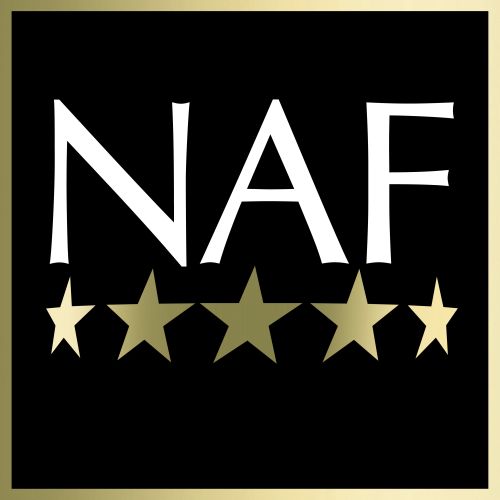


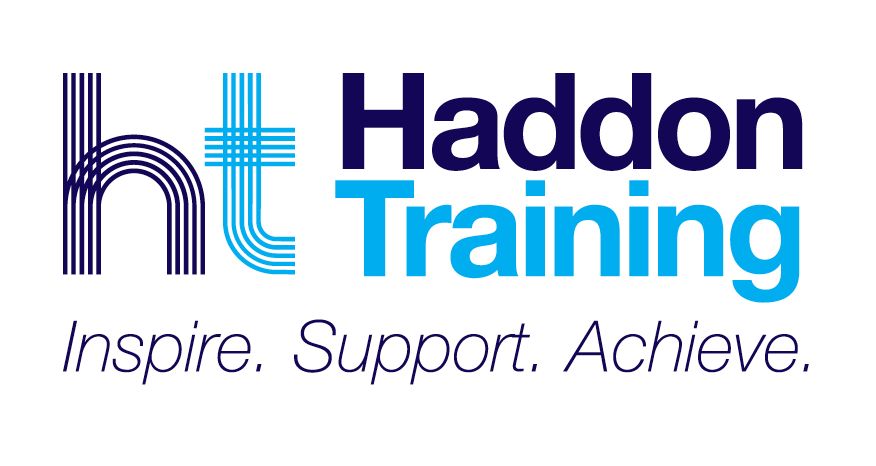
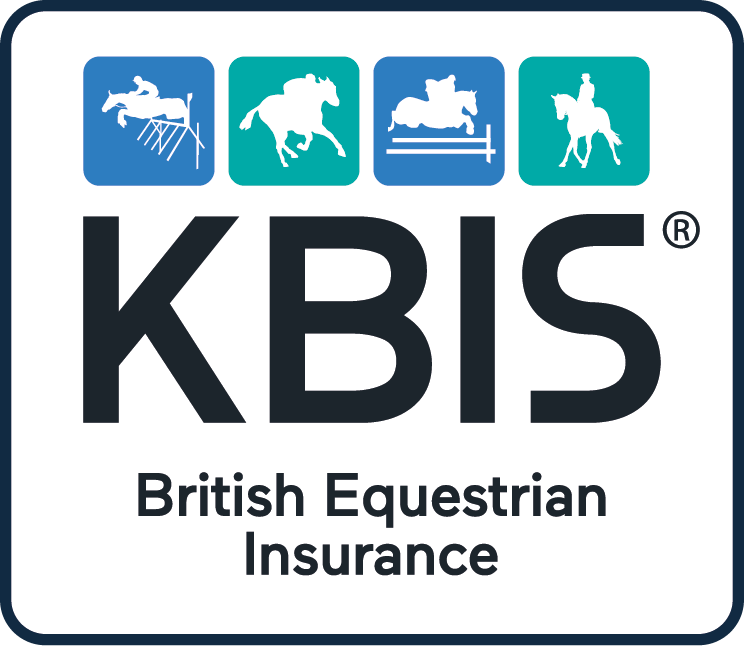
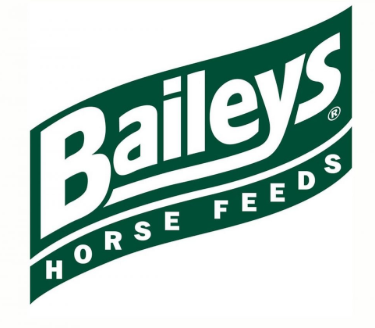


-Small.jpg)

